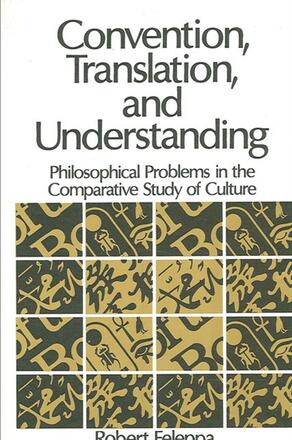
Convention, Translation, and Understanding
Philosophical Problems in the Comparative Study of Culture
Alternative formats available from:
Description
This book surveys several theoretical controversies in anthropology that revolve around reconciling the objective description of culture with the influence of inquirer interests and conceptions. It relates them to discussions by followers of W. V. Quine who see the problems of anthropological inquiry as indicative of conceptual problems in the basic assumptions operative in the discipline, and in the study of language in general. Feleppa offers a revised view of the nature and function of translation in anthropology that gives a plausible account of the problems that traditional semantics introduces into anthropology, while avoiding the severe methodological import Quine envisions.
Robert Feleppa is Associate Professor of Philosophy at Wichita State University.
Reviews
"The author addresses a key philosophical problem, discusses it clearly and intelligently, and shows the importance of the problem for certain issues in anthropology. His command of the relevant literature is impressive without overwhelming the reader. The book can be read by both philosophers and anthropologists. " — Kenneth Barber
"This book addresses issues that are of current interest to social scientists and those interested in the philosophy of science. It also utilizes anthropological theory to relativize and question leading theories in the philosophy of language and epistemology. In turn, it also challenges many of the presuppositions of componential analysis and cognitive anthropology. " — Robert C. Ulin